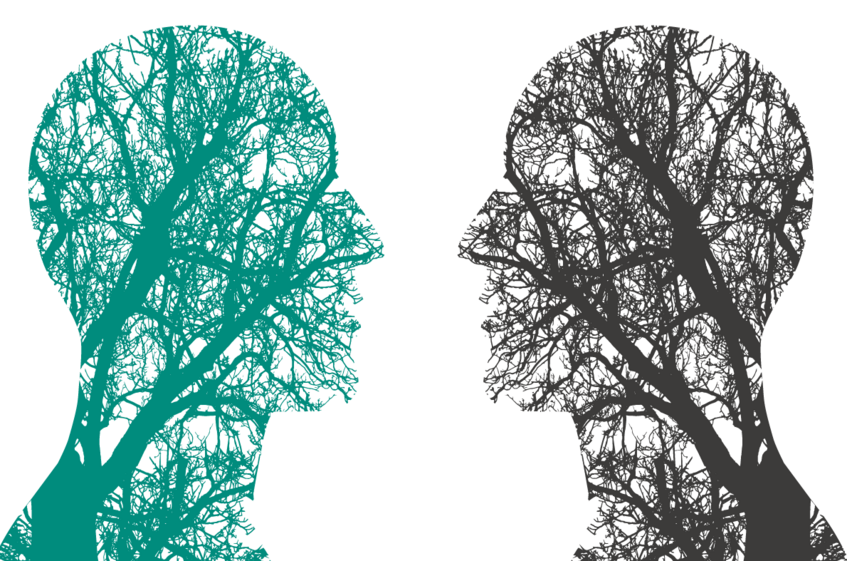General Linguistics: Theory of Grammar and Cognitive Linguistics (Master)

This master’s programme aims at preparing students for working at the interface between cognitive-oriented linguistic sub-areas, such as psycholinguistics, speech-language pathology or neurolinguistics, and the sub-areas of modern theories of grammar. On the one hand, this close connection between cognitive subject areas and theory of grammar ensures that graduates with a focus on psycholinguistic and speech-language pathology issues stand out against graduates of purely practice-oriented programmes. They have detailed knowledge of the theory of grammar and know how to put the theoretic dimensions of language analysis into practice at any time. On the other hand, theory of grammar is not only addressed from a perspective inherent to the system, but in close connection with research on language acquisition, associated abnormalities, speech pathologies, language and cognition, as well as the neurological underpinnings of language.
Master of Arts
Degree Programme Code: 066 867
4 semesters / 120 ECTS credits
Language: German
NO entrance examination
Facts & Figures
- Students: n.a.
- Graduates in the last academic year: n.a.
- Number of semesters needed for graduation (median): n.a.
Data updated on: 03.12.2024
Attention
Instruction Language German
Please note that the instruction language of this programme is German. To start the degree programme, you need to hold a certificate of German proficiency on C1 level.
Admission Procedure
Information about the admission procedure
Information on Previous Studies:
In any case eligible degree programmes at the University of Vienna:
Study Programme
The master’s programme consists of modules on the following subject areas: introduction to neurology, introduction to cognitive psychology, theory of grammar and cognitive linguistics, cognitive linguistics or theory of grammar, theory of diachrony, philosophy of science and history of science. In addition, students have to write a master’s thesis and pass a master’s examination.
Five concepts
which you will deal with during your studies:
- Neurology
- Cognitive psychology
- Theory of grammar
- Speech-language pathology
- Language analysis
... and many more.
Overview of the programme structure & topics
Here you find the current offer of courses for this programme to gain better insight into the topics and structure. For more information please click on the respective level.
After Graduation
Graduates have the necessary qualifications to independently analyse natural languages regarding their structure, acquisition or potential disruptions of language acquisition. They know how to apply their theoretical knowledge in different areas, enabling them to independently carry out academic studies and consulting in the areas of specialisation stated above.
Graduates' Perspective on the Degree Programme
Graduates ...
- say that this degree programme receives the grade: 2.0 (good)
- rate the level of difficulty as: 3.4 (appropriate)
→ These results are based on feedback from 5 graduates.
*You can find further assessments of the degree programme from its graduates’ perspective in the graduate survey of the master's programmes in Linguistics (in German).
